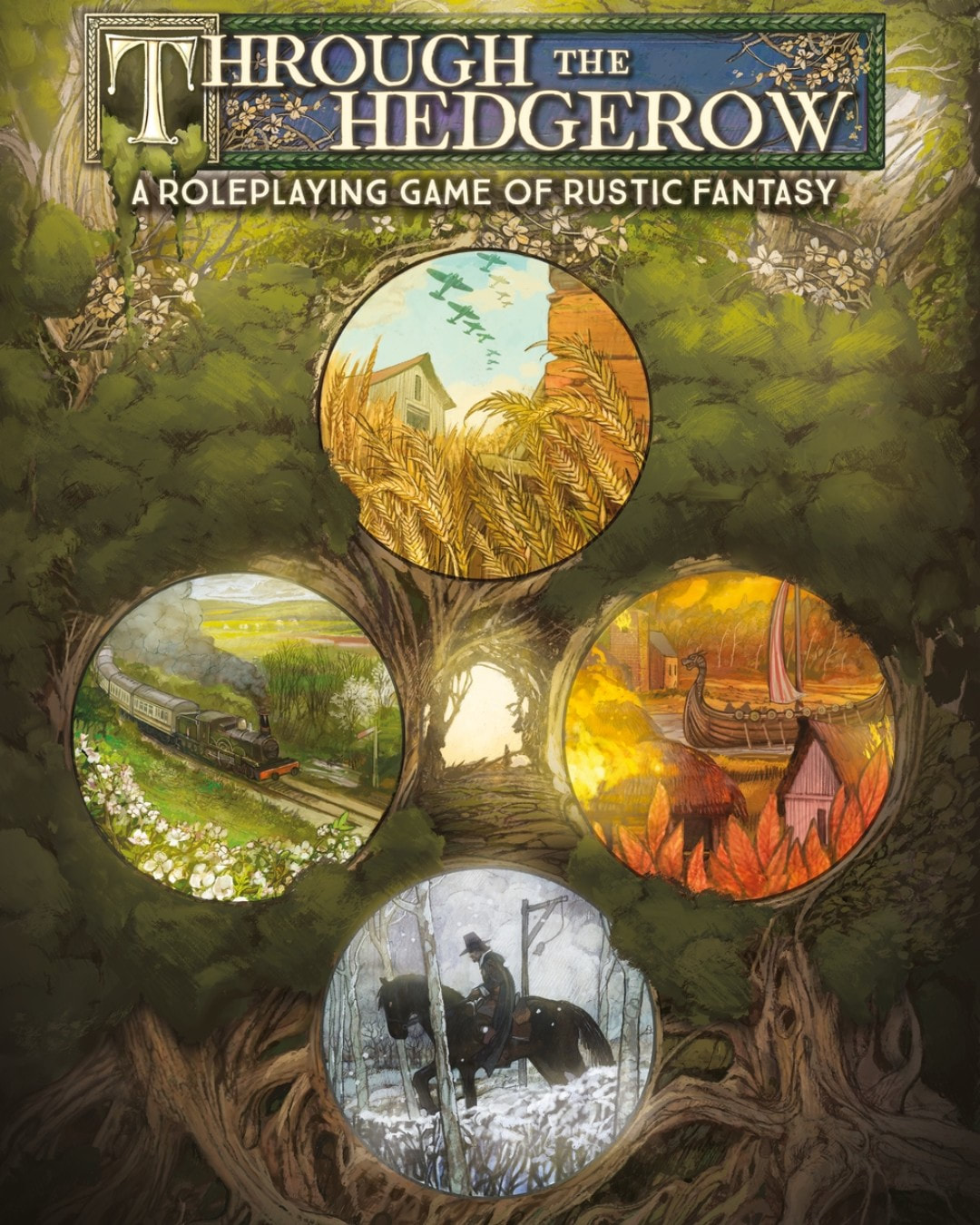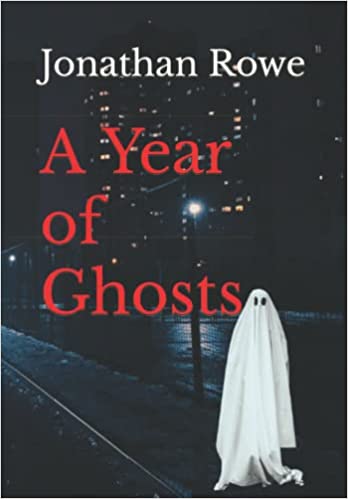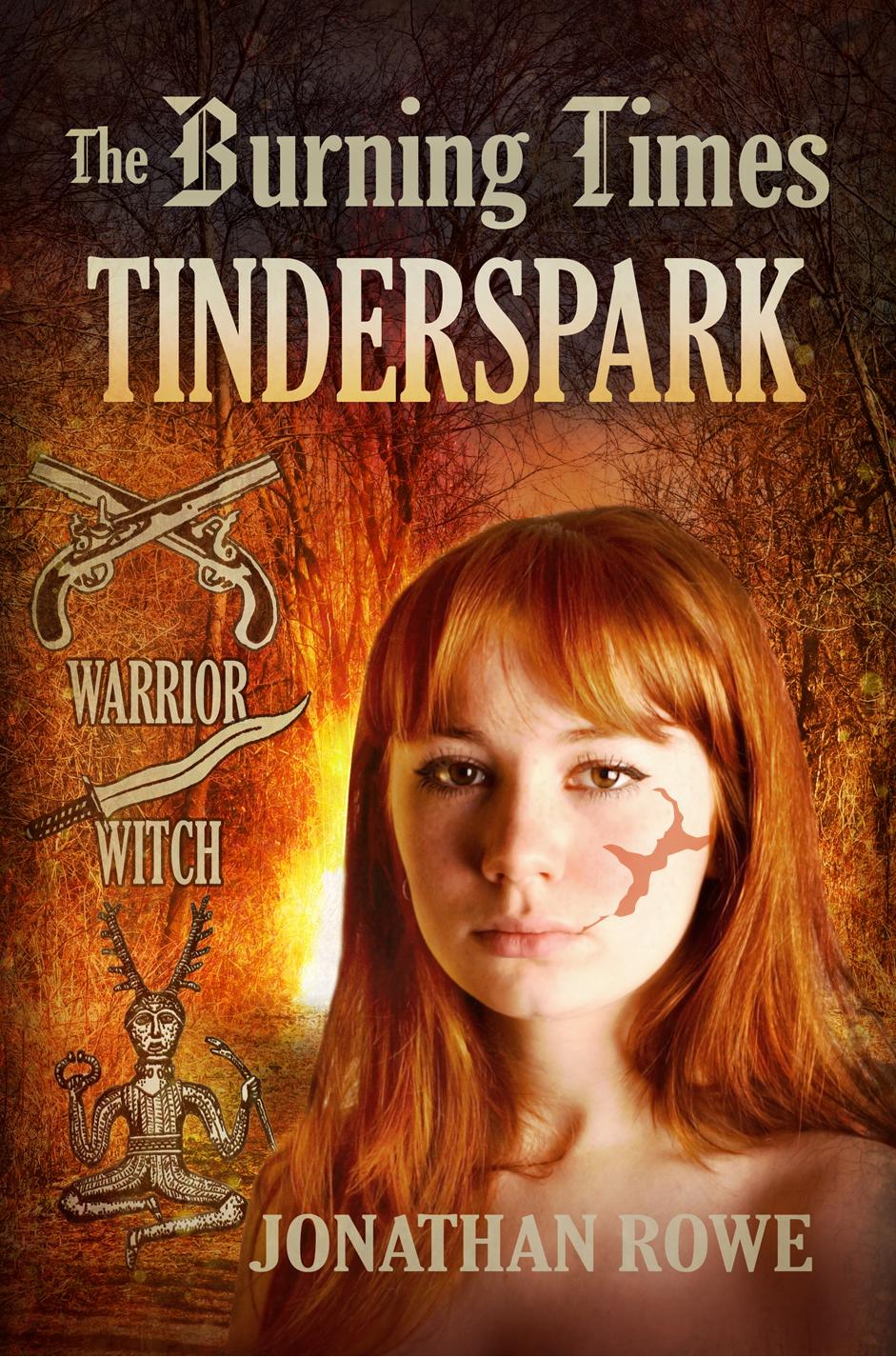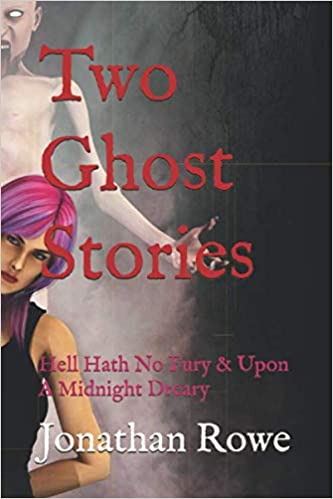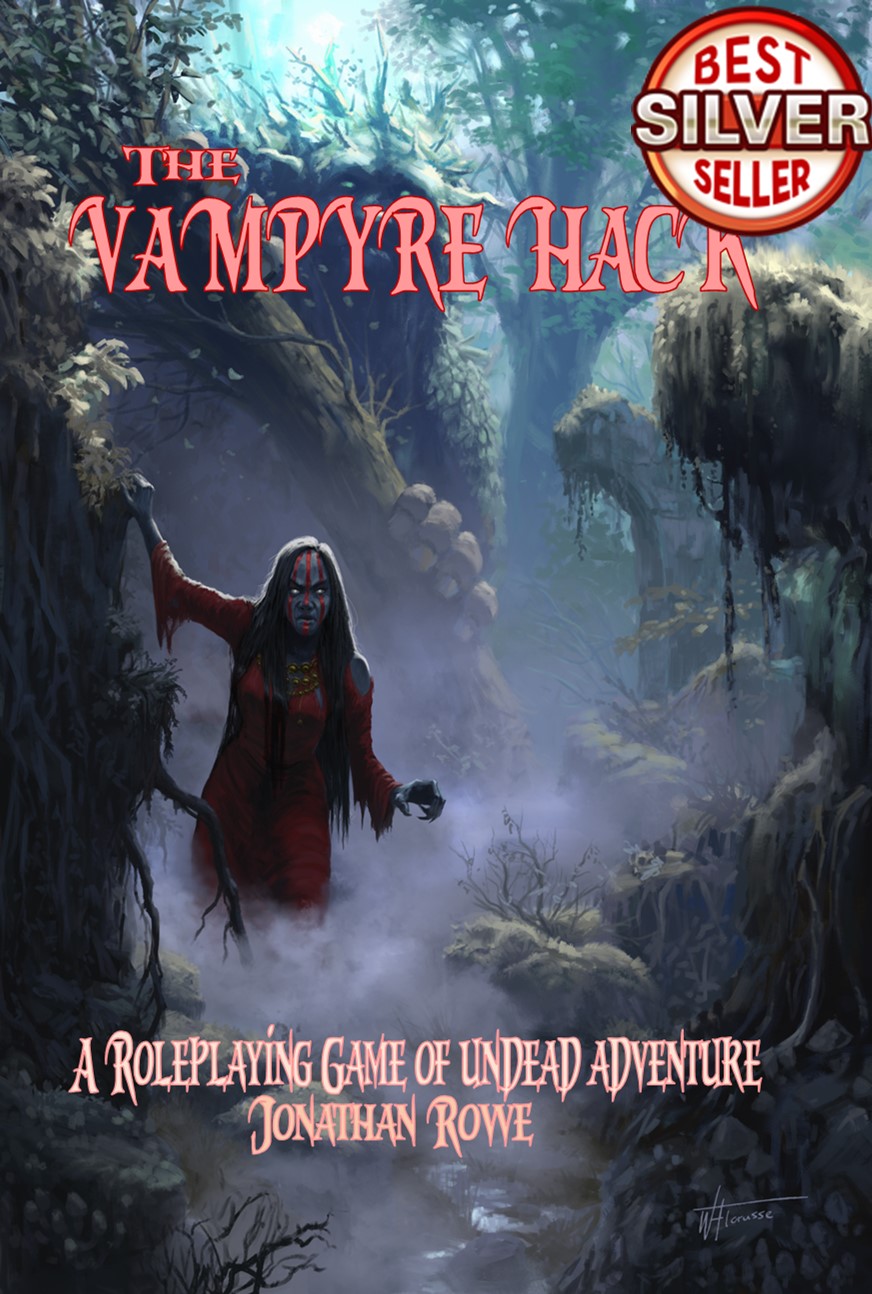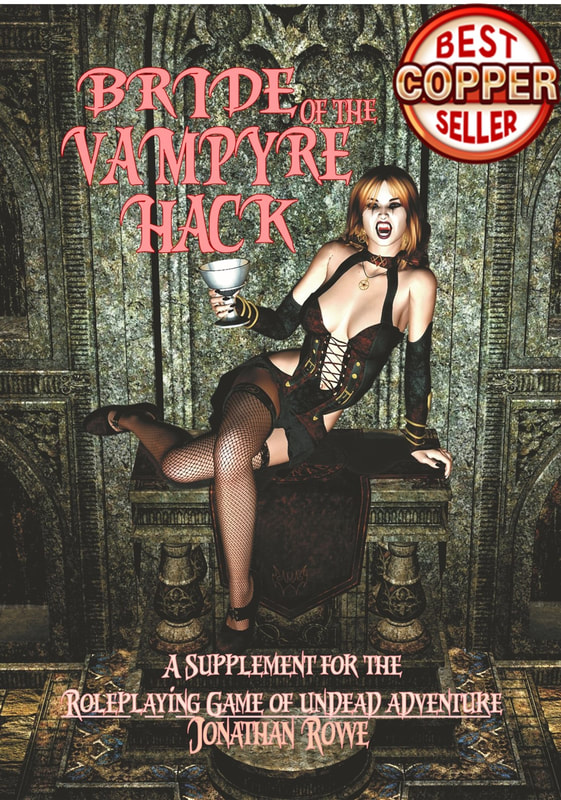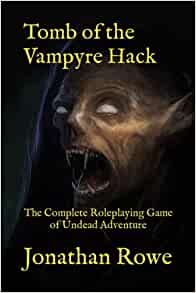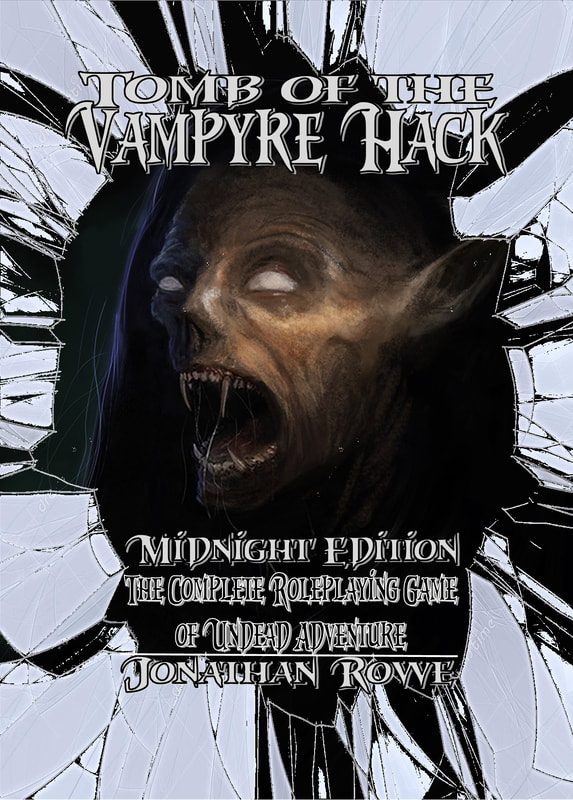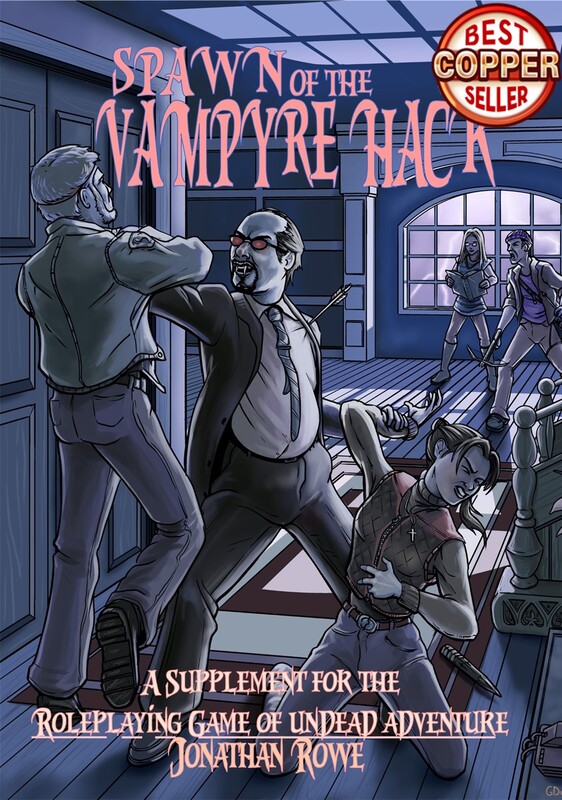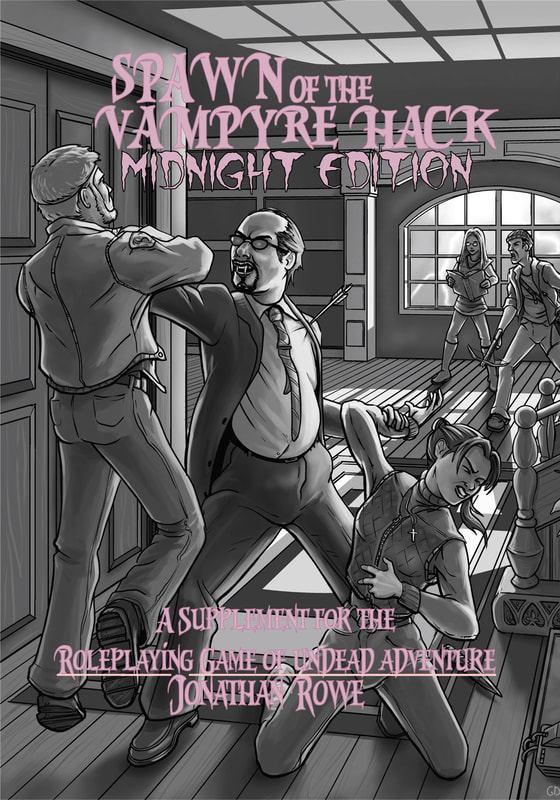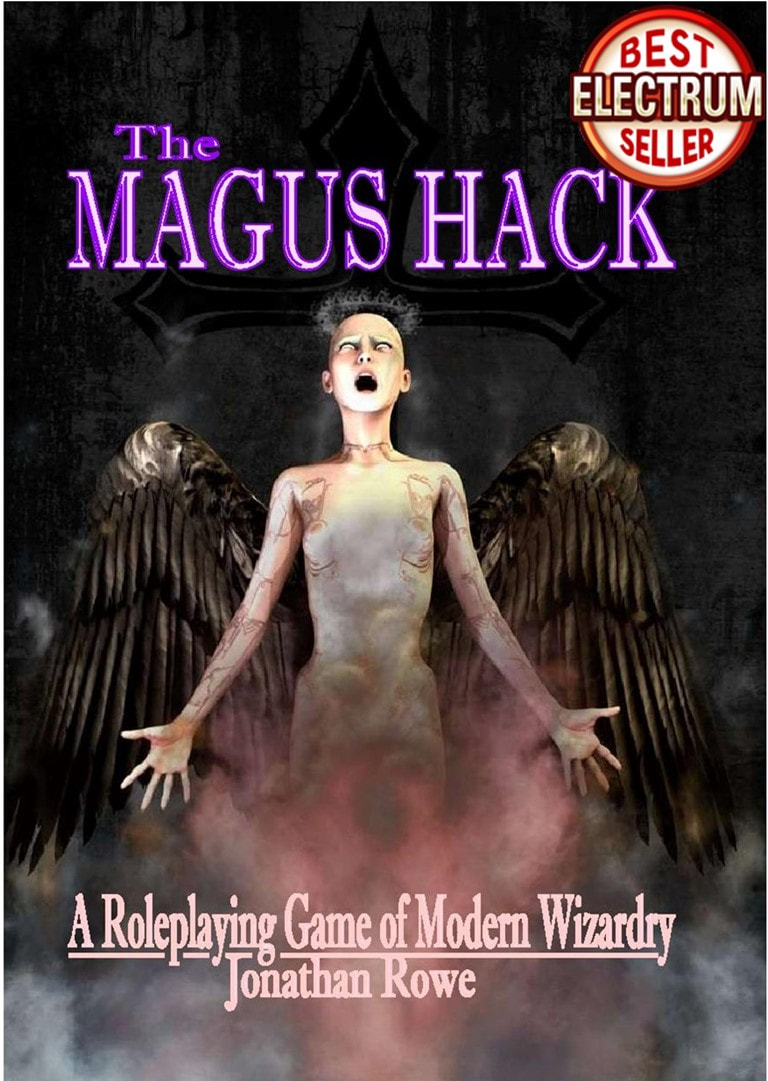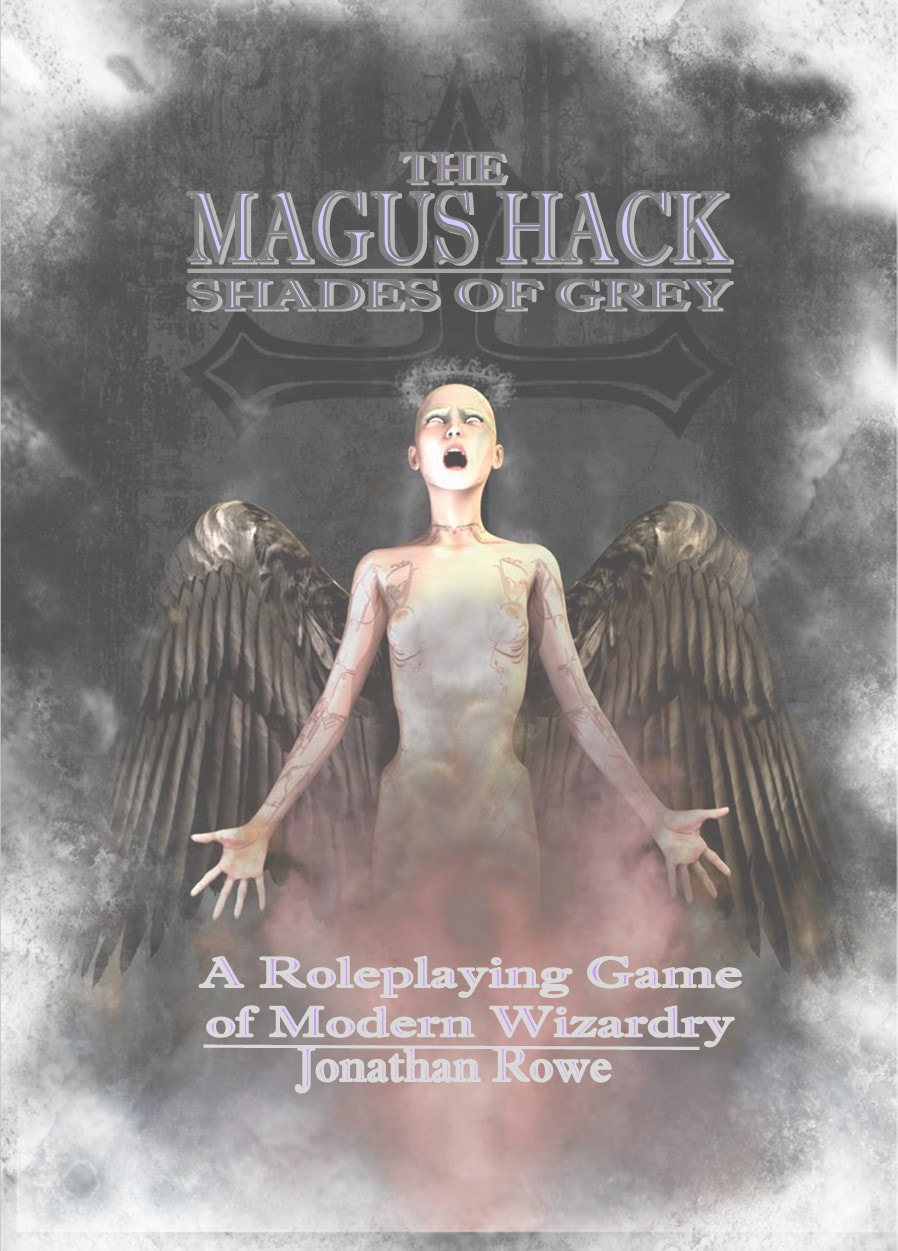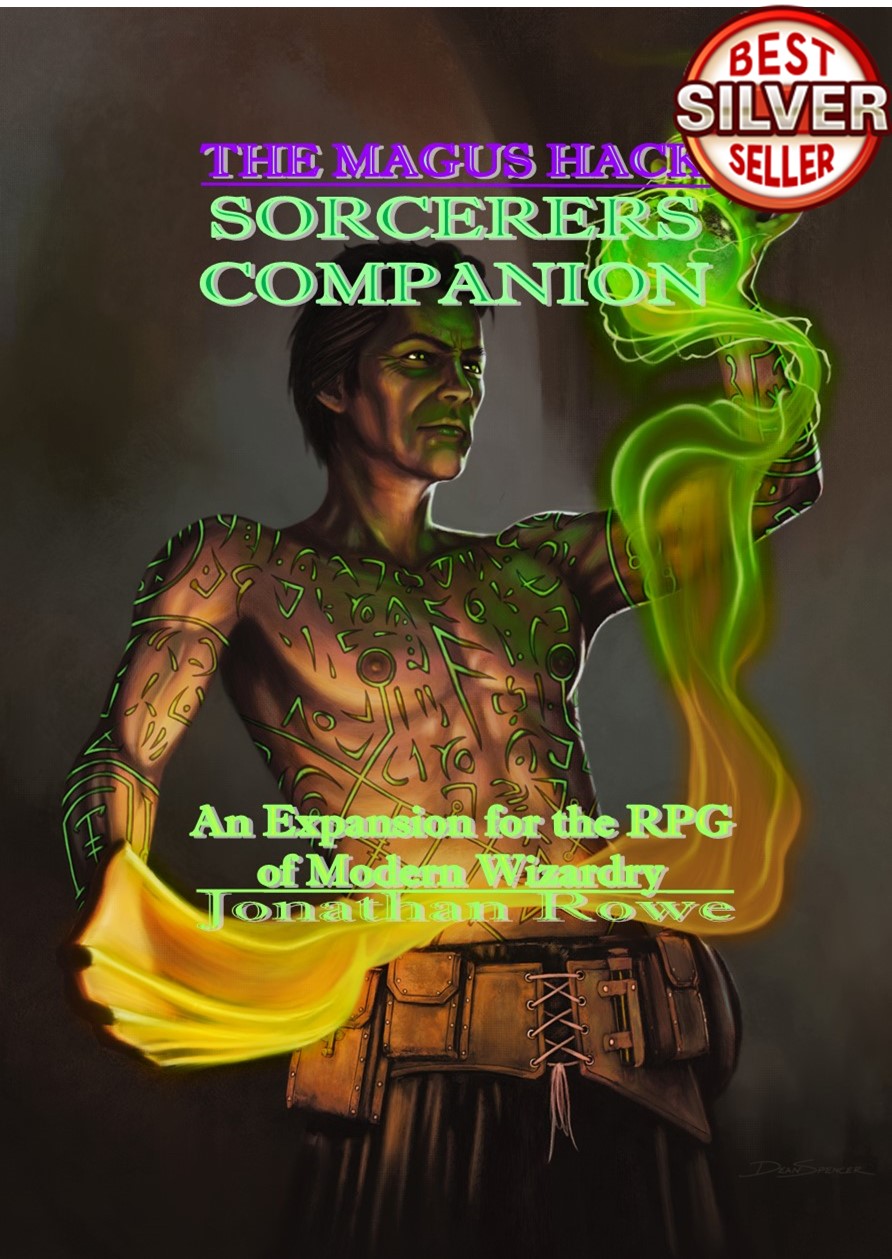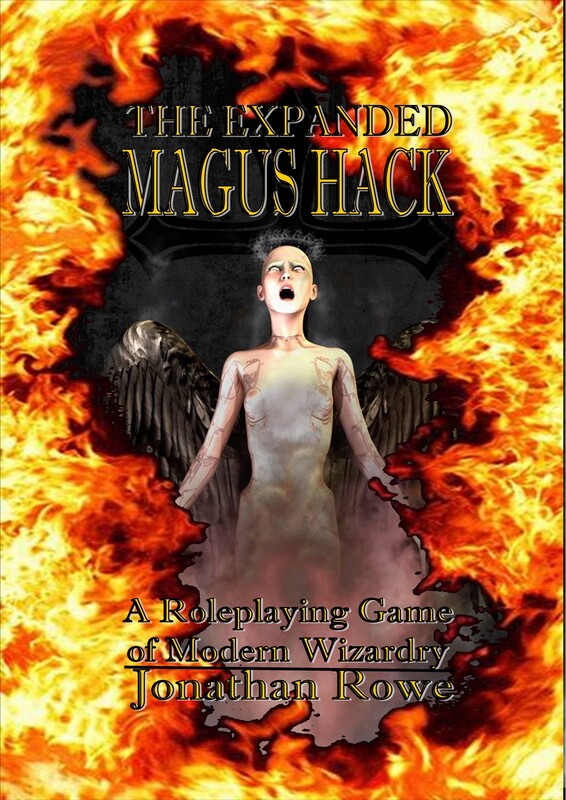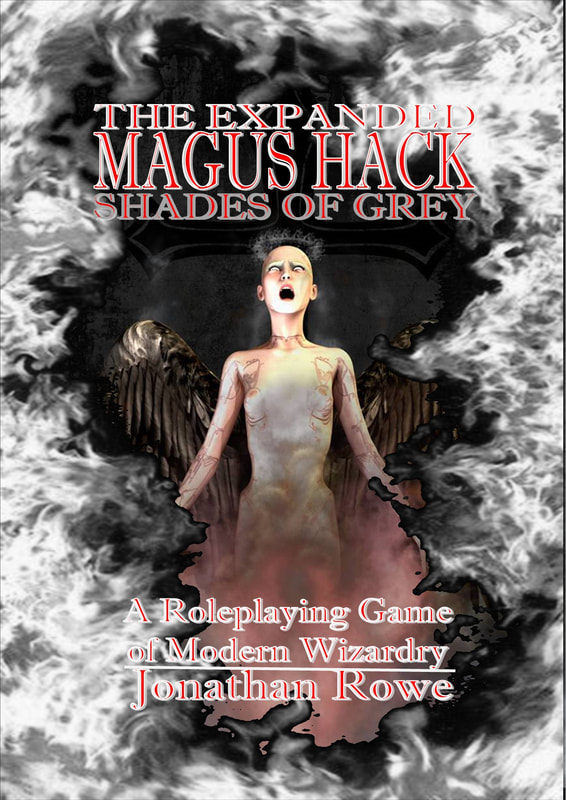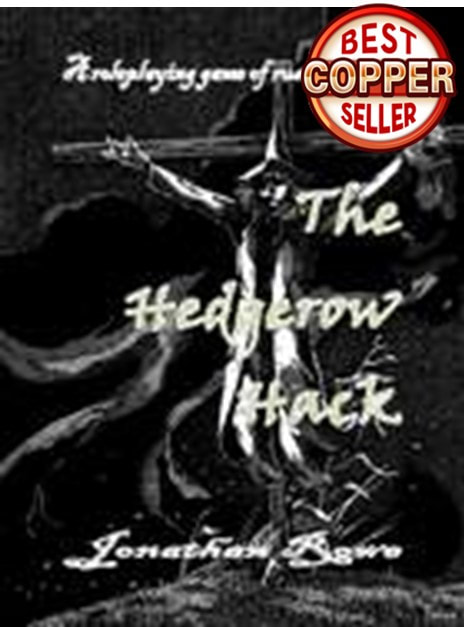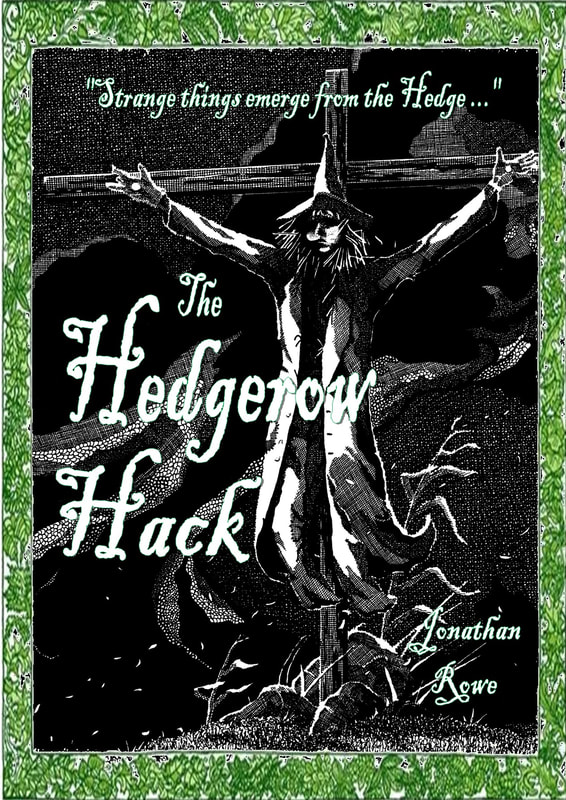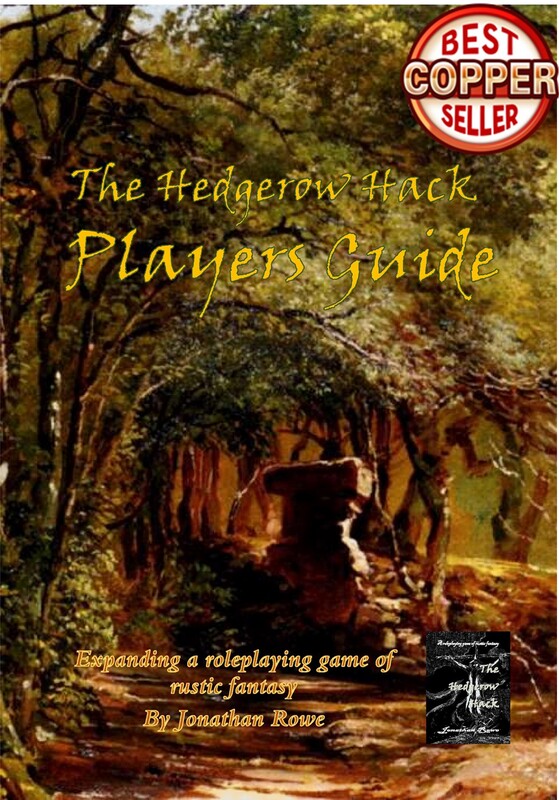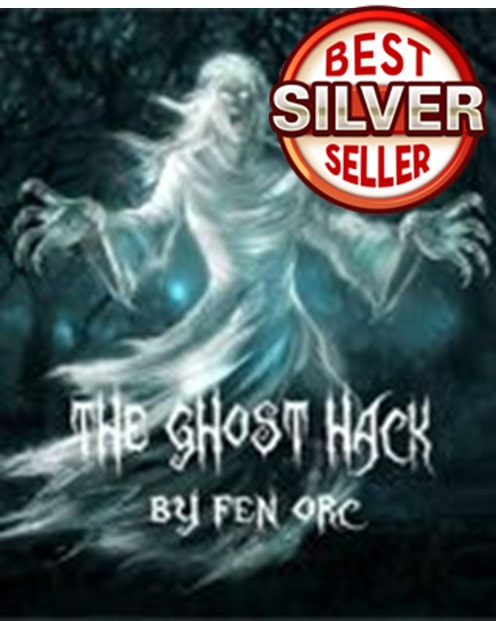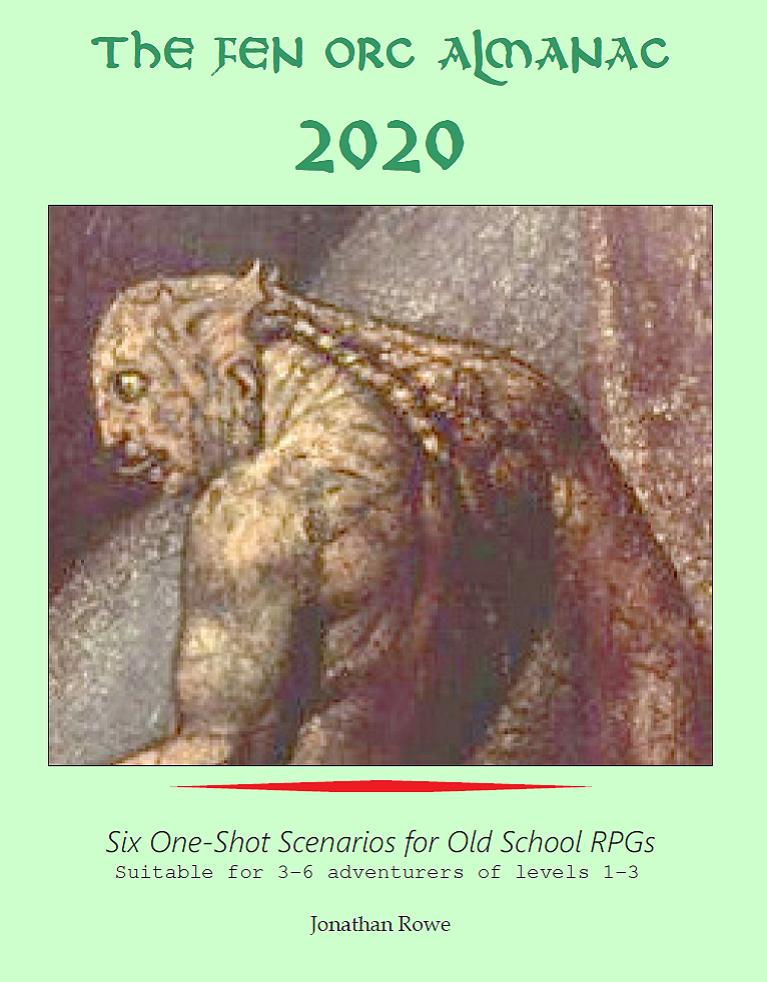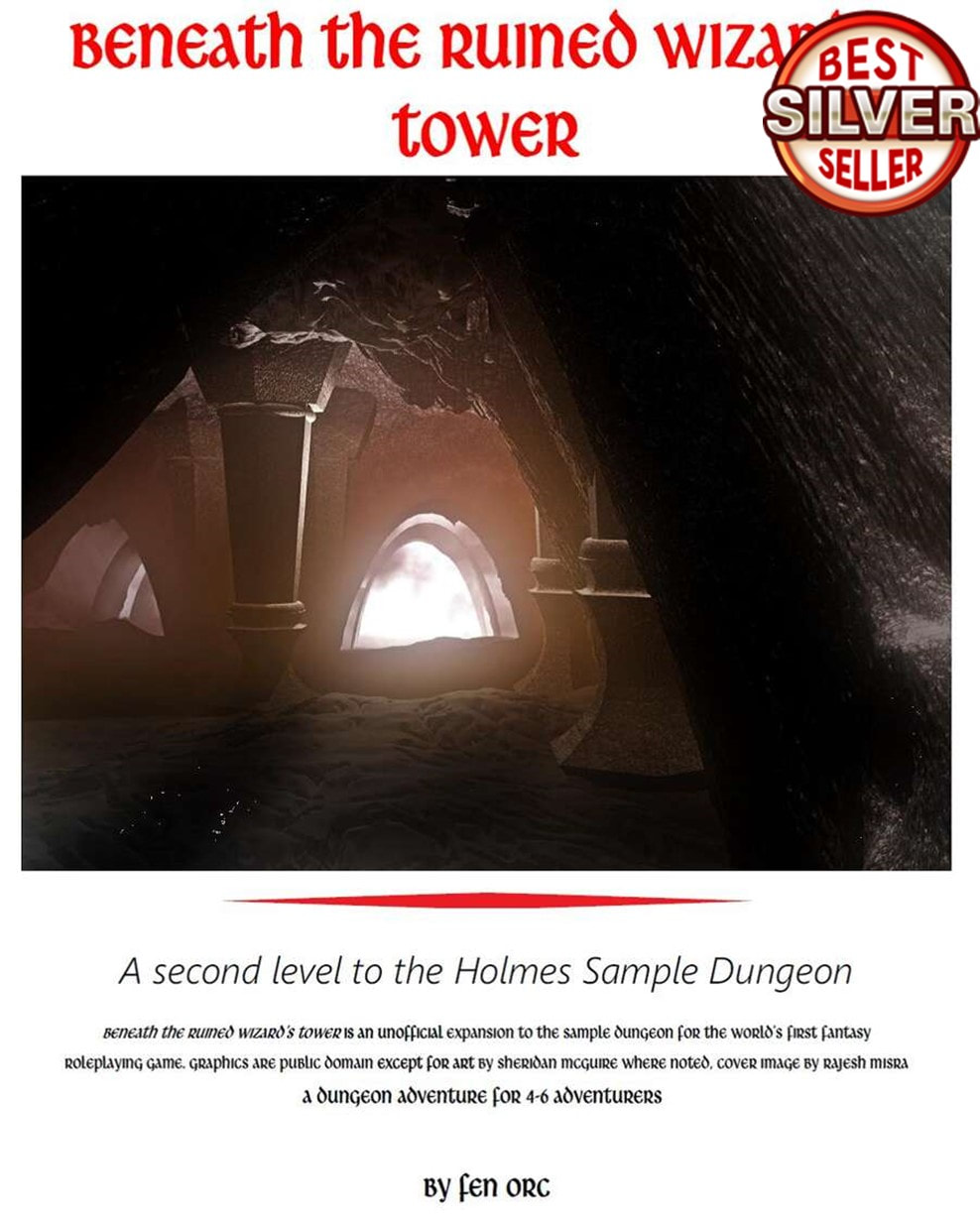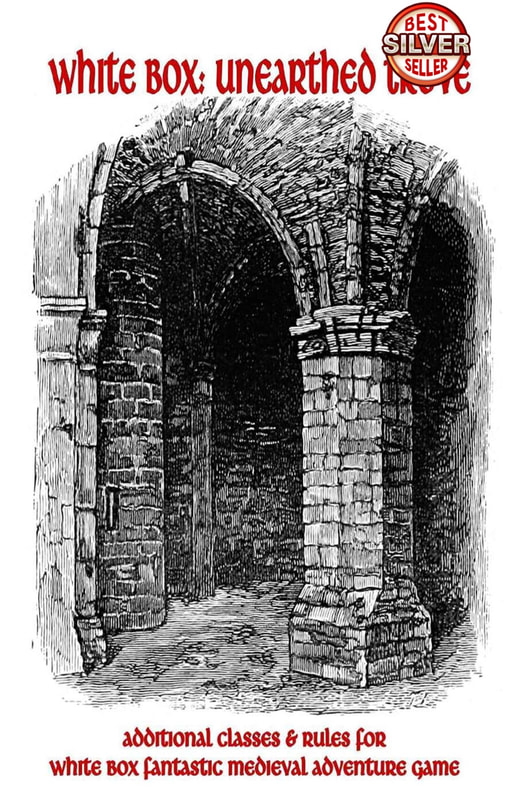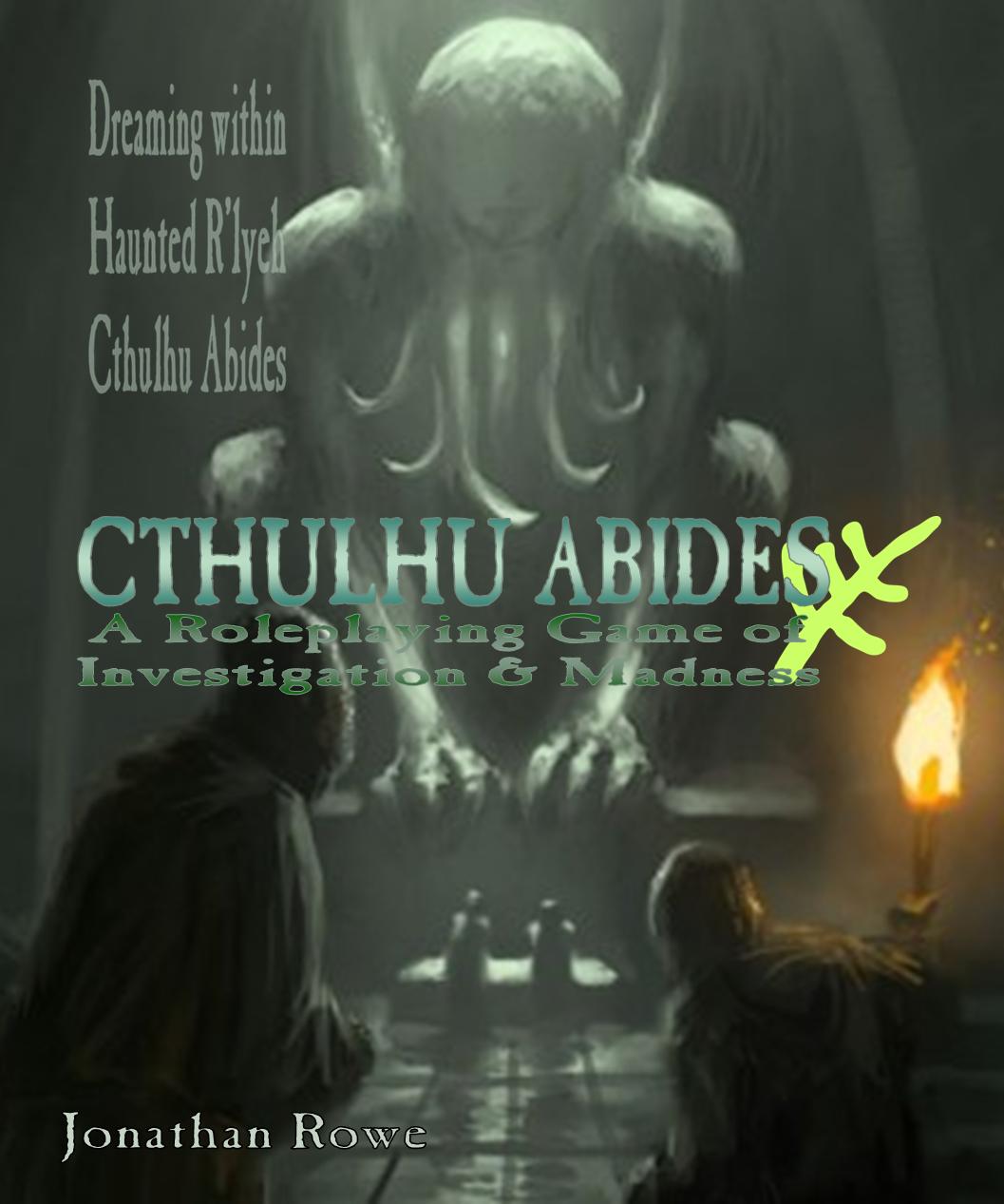|
If you grew up with AD&D in the late '70s and early 1980s, creating a new character always concluded with a grim little ritual: rolling percentile dice to see if your character had 'psionic potential.' A roll of 00 would be cheering for the player, but elicited groans from everyone else: from other players, because their PCs were about to be overshadowed by a super-powered psionicist; from the DM, because an appendix full of fiddly rules was going to be imported into the first gaming session. Psionics were always an unhappy addition to early D&D, but they go back before my time, to 'Original' D&D (OD&D) and its third supplement from 1976, Eldritch Wizardry. The fateful appendix from the AD&D Players Handbook and (left) the source of all the mischief, Eldritch Wizardry The inclusion of psionics in OD&D is a bit mysterious, given that Eldritch Wizardry is mostly about Eldritch stuff (demons, relics) and wizardry (or at least, druids). It probably owes its existence to the influence of a certain sort of literature on 1970s fantasy fans: planetary romances like Marion Zimmer Bradley's Darkover novels and going back to Edgar Rice Burroughs' Barsoom series. These stories freely blended fantasy and science fiction tropes. Early D&D happily spliced high fantasy with SF or post-apocalyptic settings: an alien spaceship was the setting for a 1980 module and there were rules in AD&D for crossing over to Gamma World. For me, the perfect blending of psionics with high fantasy occurred in the pages of the UK Hulk weekly comic, which between 1979-80 featured The Black Knight, written by Steve Parkhouse and drawn by Paul Neary and John Stokes. This rather wonderful story placed the Black Knight in the Arthurian landscape he belonged in, resurrected (literally) the character of Captain Britain, and featured a dragon's pearl that granted psionic powers, culminating in a dramatic psionic duel over King Arthur's grave. I'm going to survey the original psionic rules for D&D, then offer my own 'No-Fear' Psionics rules for OSRPGs, in particular Dragonslayer. Psionics in Eldritch Wizardry
After that, there's more percentile dice rolling to generate your degree of psionic potential score and whether you get a minor psionic discipline or two, which are themed by character class. You get a single Attack Mode called 'Psionic Blast' (but no Defence Mode yet). As you go up levels, you can roll to get more psionic powers, including truly awesome major powers called 'Sciences.' As you acquire more of these, you gain more Attack and Defence Modes too. You also suffer penalties to your main class: Fighters lose Strength, Thieves lose Dexterity, spell-casters lose spell slots. Excelling at psionics means you don't excel at the other adventuring stuff. Psionic combat involves each side choosing their Attack and Defence Mode then cross referencing them on a table to see how many psionic strength points you both lose. Eventually, someone runs out of points, cannot defend themselves any more, and gets mentally whacked. Since strength points are used to power psionic disciplines, it's quite likely PCs won't be at full power when they run into a psionic enemy. Psionics in AD&DAD&D gets rid of psionic bans for certain classes and invites Halfings and Dwarves (for some reason) to join in the fun.
In many ways, Psionics is more powerful in AD&D, but only if you qualify for it (which is harder) and roll lucky (also harder). Psionic characters start off combat-worthy and able to use a minor power, but they won't get those major powers till they hit 'Name Level.' The disciplines are also more costly to use than they were in Eldritch Wizardry. Psionic combat works the same way as before, except it makes clear everyone uses the best Defence Mode they've got against whatever their opponent attacks with. The penalties for losing a psionic duel can be minor (dazed), severe (confusion), very severe (permanent idiocy, loss of powers) or outright death. The Pros and the ConsThe biggest objection to all this is theme. If you're not running a SF/fantasy hybrid game, then Psionics don't really 'fit' into D&D and their existence rather undermines clerical faith and wizardly scholarship. But if you're playing 5th ed. D&D and you've made your peace with Sorcerers then you won't care about that. The other objection is in the rules for Psionics themselves: not just their fiddliness (but that too!), but rather the jarring sense of disunity between the way Psionic combat and disciplines work (with its point-spend mechanic) and the way everything else in D&D works (with fire-and-forget spells and Hit Points as the universal constant). I object to another aspect of Psionics: the way they reward characters who are already lucky and powerful! If you've got 16+ in Intelligence, Wisdom, and Charisma, you've already rolled well (to say the least). Why should a character like that get even more perks? Then there's the percentile roll to see if you're gifted with psionics. Most PCs won't make it, but a lucky few will. Psionics isn't something you can build into a starting character, maybe at the expense of developing him in other ways. No, it's a flukey add-on that might be acquired by a character who never envisaged such an aspect - but unluckily denied to another character who was hoping for it. On the other hand, Psionic powers have their own appealing aesthetic - especially psionic duels. And of course there are entertaining psionic monsters that only come into their own if one of the PCs is psionically active.
Fen Orc's No-Fear PsionicsThese rules have been tweaked for Dragonslayer but will work with minimal tweaking for any D&D retroclone like Labyrinth Lord or White Box. The first step is to tie psionic potential into my system for Feats. Most PCs get to choose a Feat at 3rd level, but Humans get a compensatory Feat at 1st level, so could start with psionic potential right from the get-go. This potential isn't much: just a single Attack and Defense Mode, but since the Attack Mode is Psionic Blast you could use it to mind-whallop non-psionic monsters. After that, whenever you are eligible for another Feat (3rd, 5th, 7th level, etc.) you can choose a Psionic Feat that widens your abilities or strengthens you as a psionic combatant. This means Psionics powers come at the expense of other useful perks that could make your character more powerful or distinctive. Rather than fiddly points that score in the hundreds, you get a single Psionic Stress point whenever you use your powers (or 1d6 stress points if you use Psionic Blast to do the mind-whallop on non-psionic monsters). Whenever your Stress increases, roll a d6 and if you match or roll under your current Stress score, something bad happens. The bad thing that actually happens is a conversation you need to have with the GM when you choose Psionics - and it's based on the rationale for psionic powers in the campaign. Three options for Psionics Maybe psionics are a biological inheritance or a mutant gene. If so, the penalty might be simple exhaustion: you've pushed yourself too far and you can't use psionics again until you've had a good long rest. Maybe instead, psionics are blended with madness and accessed through taking strange narcotics or subjecting yourself to ineffable rituals. In which case, the penalty is that you go insane in some colourful way, until you rest properly and calm down. However, at least you can still use your psionics (erratically). Or perhaps psionics are achieved through Jedi-style training in some esoteric order, which inducts the young psionicist into the Mind Wars going on beyond ordinary perceptions. In this case, the penalty is that you've alerted hostile psionicists or psionic monsters: they perceive you and now they're coming for you. Whatever the bad thing is, the upside is that you remove an amount of Stress equal to the die roll that triggered it. Psionic Combat I wanted to keep the distinctive Attack Modes versus Defence Modes mechanic, but ditch the book-keeping point expenditure. Instead, cross-reference the Modes to find out the AC you are rolling to hit. If you hit your opponent, they gain a Stress Point; if they hit you, you add a Stress Point. As usual, roll a die when anyone's Stress Points increase but the penalty is determined by the Attack Mode used against them: confusion, stunned, charmed, coma, or dead. This sort of combat can be swing-y and very fast. Not just fast as in, it's all resolved and over before the fighter has drawn his sword or the magic-user has pronounced his spell. No, fast as in, it could end in a single exchange if a combatant gains a Stress Point and then rolls a '1.' To counteract this tendency, there is the option of increasing the size of your Stress Die (to d8, d10, or d12) and gaining 'psychic decoys' which can be expended to avoid defeat penalties - quite important to prevent a mighty Balor demon being mind-whalloped by a 1st level character who rolled lucky. Why Bother? Good question. If you feel that Psionics don't fit the fantasy vibe of your campaign, then keep them out. But if you're like me, then the presence of Psionics in the earliest iterations of D&D will tease your imagination. Part of the fun of OSR-style play is recreating the drama of the early days of D&D - and Psionics was part of that drama. The turn-off, as far as I was concerned, was in the fiddliness and book-keeping required and the unfair advantage psionics bestowed on already-privileged characters. I hope, by reducing the fiddly book-keeping and dependency on lucky d100 roll, this 'No-Fear' system will tempt a few gamers back into Psionics.
0 Comments
Leave a Reply. |
30 Minute Dungeons
Essays on Forge
FORGE Reviews
OSR REVIEWS
White Box
THROUGH THE Hedgerow
Fen Orc
I'm a teacher and a writer and I love board games and RPGs. I got into D&D back in the '70s with Eric Holmes' 'Blue Book' set and I've started writing my own OSR-inspired games - as well as fantasy and supernatural fiction.. Archives
July 2024
Categories
All
|

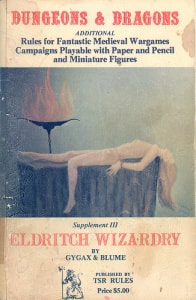
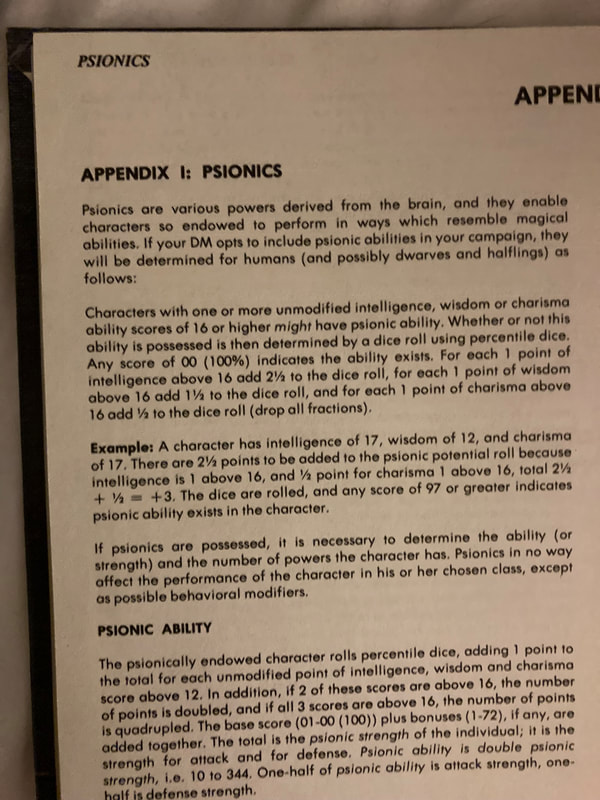
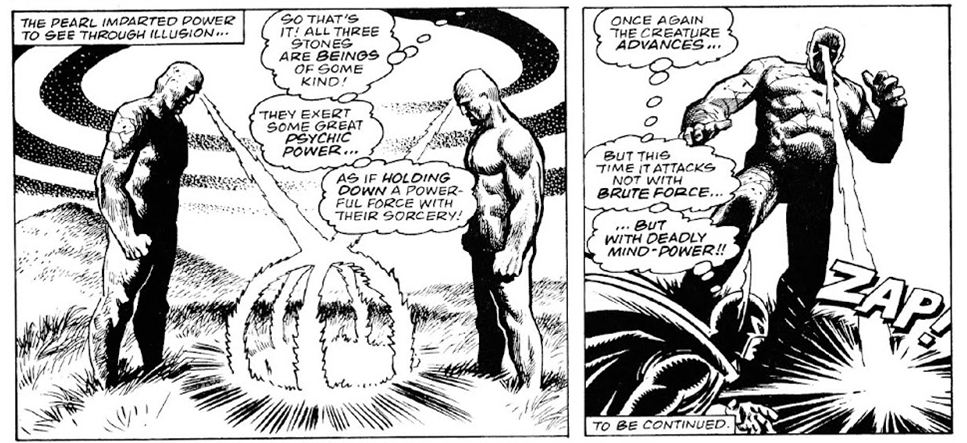
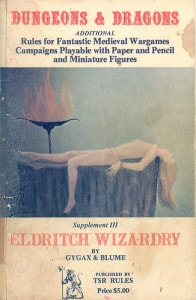

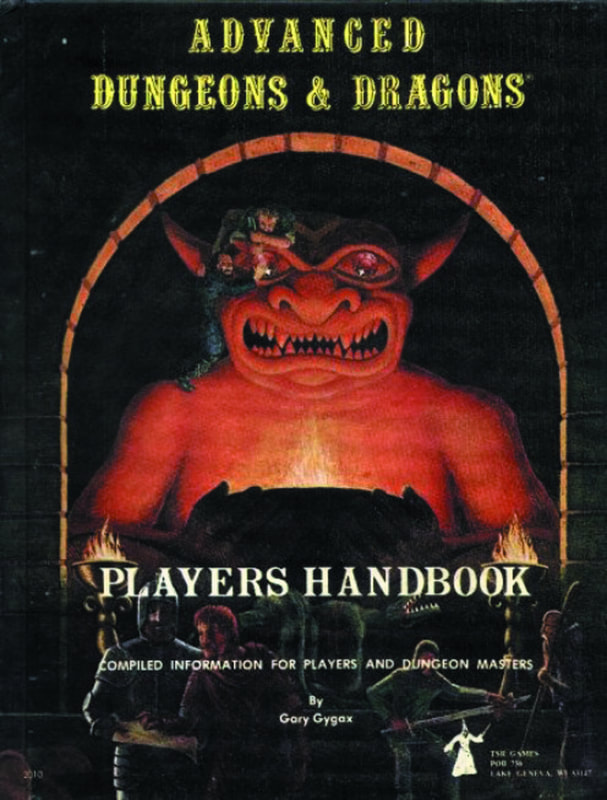
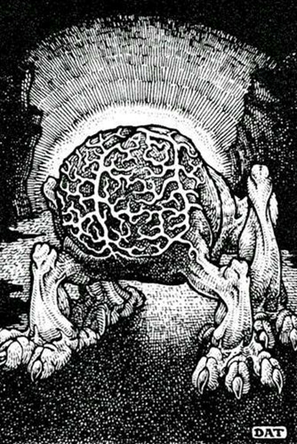
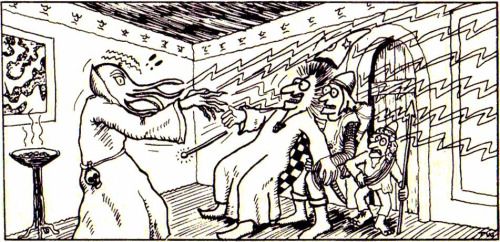

 RSS Feed
RSS Feed
